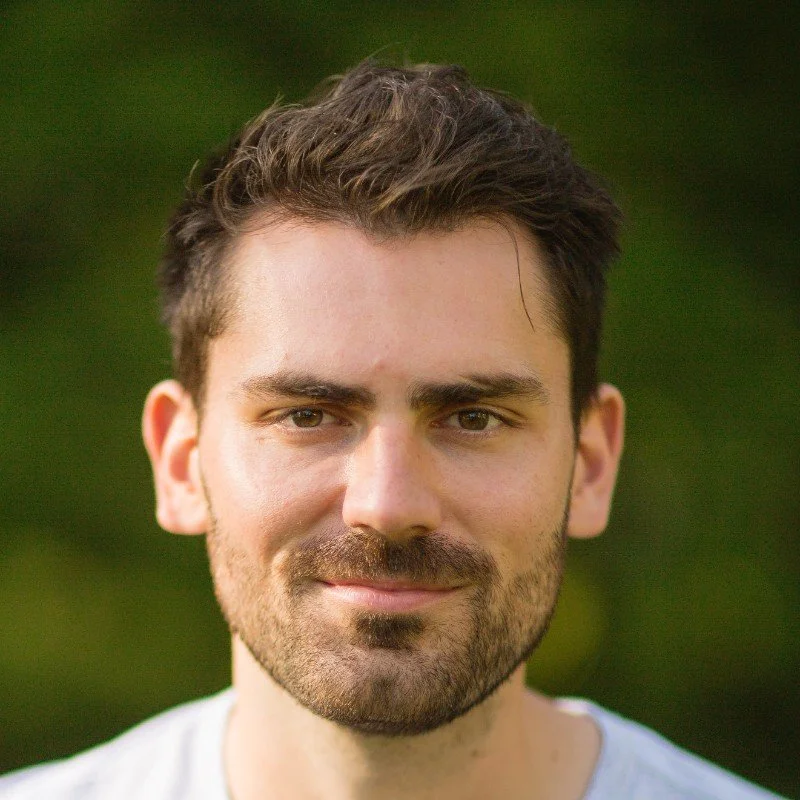Highlights - David A. Banks - Dir. of Globalization Studies - SUNY Albany
/Director of Globalization Studies University of Albany at SUNY
Author of The City Authentic: How the Attention Economy Builds Urban America (forthcoming)
I think that is often what tourism is starting to move towards. Is this existential authentic? And what that means is that you're not even really looking to meet expectations or validate that the thing in front of you is what it says it is. You are trying to recreate who you think you should be in a time that is disconnected from your usual life. Because we're a pretty jaded and suspicious society now. “Is it a deep fake?”We live in this world of make-believe and fakeness, and you want to get to something that's real. And what's more real than yourself and the story that you tell to yourself about yourself. And if you can really connect to that, you'll feel really good.



















